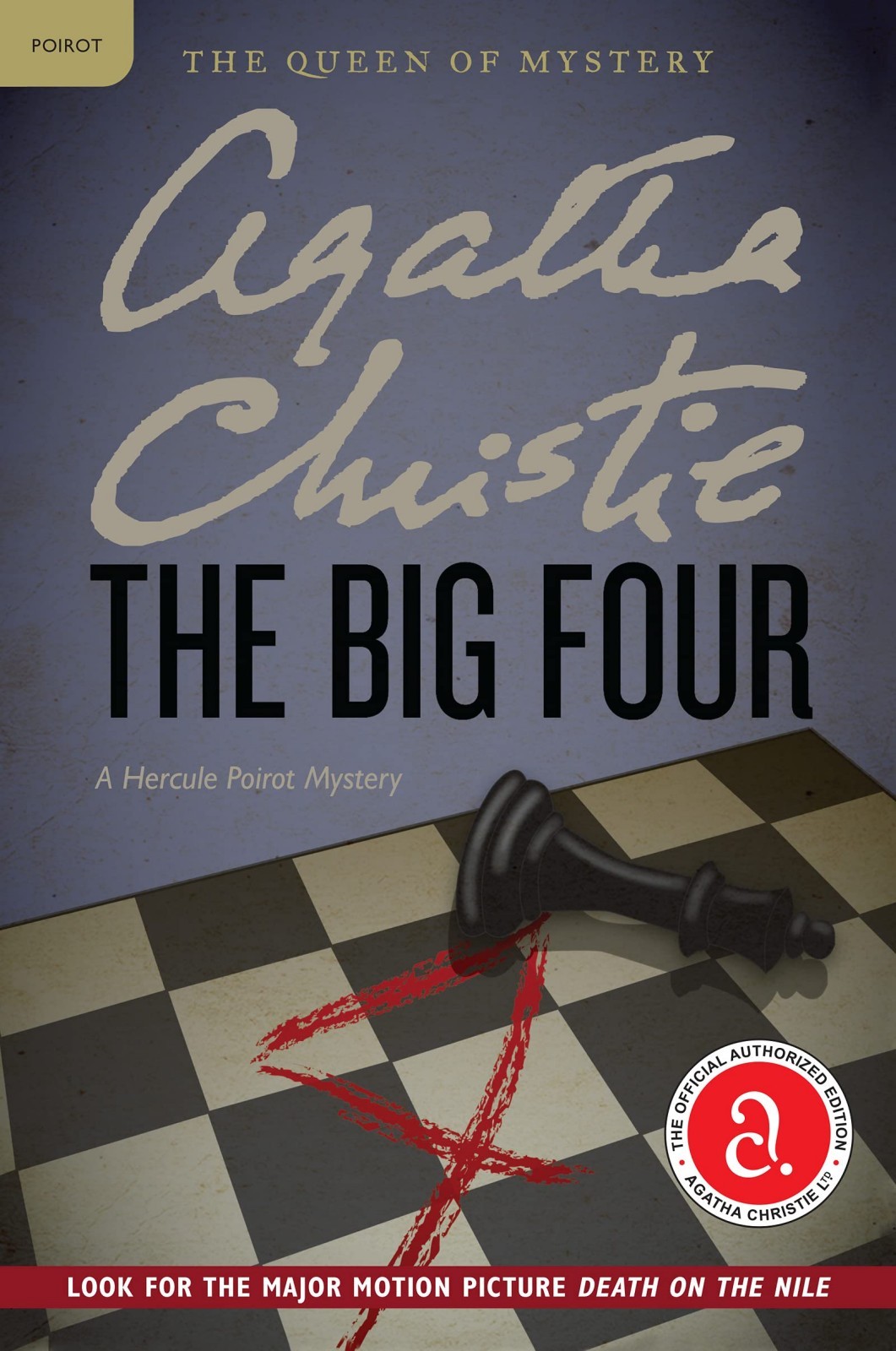The Etymologicon: A Circular Stroll through the Hidden Connections of the English Language
Title: The Etymologicon: A Circular Stroll through the Hidden Connections of the English Language
Author: Mark Forsyth
Published in: 2011
Date read: 2nd September 2013
Score: 5/5
Genre: Non-fiction
Plot: (Warning, may contain spoilers):
"The Etymologicon: A Circular Stroll through the Hidden Connections of the English Language" by Mark Forsyth, published in 2011, is a delightful and endlessly fascinating non-fiction book that celebrates the eccentricities, hidden histories, and surprising links within the English language. It's not a dry academic text, but a witty and highly engaging exploration of etymology presented in an entertaining, conversational style.
Forsyth's unique approach is to eschew a linear, alphabetical, or chronological structure. Instead, he takes the reader on a "circular stroll," where each word's explanation leads organically to another, seemingly unrelated word, demonstrating the intricate and often bizarre web of connections that make up the English lexicon. One word's origin might link to a historical event, which then connects to a mythological figure, which in turn leads to a scientific term, and so on.
The book is filled with countless "Did you know?" moments that reveal the unexpected origins of common words and phrases. For example, you might learn that "glamour" originally meant "grammar" and was associated with magic due to the arcane nature of writing, or that "disaster" literally means "bad star." Forsyth delights in revealing how words acquire new meanings over centuries, how errors become enshrined in language, and how cultural shifts leave their indelible mark on our vocabulary.
He delves into:
• Hidden Latin and Greek roots: Showing how classical languages still profoundly influence modern English.
• Viking and Anglo-Saxon influences: Tracing the Germanic origins of many everyday words.
• Loanwords from unexpected places: Highlighting how English has absorbed vocabulary from languages all over the world.
• Folk etymology: Explaining how misunderstandings of words have led to new words or new meanings.
• The stories behind idioms and clichés: Unpacking the historical context of common phrases.
Forsyth's writing is characterized by its humour, erudition, and genuine passion for words. He makes complex linguistic history accessible and endlessly entertaining, turning what could be a dry subject into a thrilling detective story where words are the clues. "The Etymologicon" is a testament to the dynamic, ever-evolving nature of English, proving that every word has a story to tell, and that those stories are often far stranger and more compelling than one might imagine. It's a book designed to be dipped into, savoured, and to spark a newfound appreciation for the language we use every day.
Comments:
Fantastic book, easy to dip in and out of. Very informative and entertaining, I have a particular interest in the meaning of and derivation of words, I also like lecturing people on where those words come from.
Books that we've read by Mark Forsyth (1):
The Etymologicon: A Circular Stroll through the Hidden Connections of the English Language (2011)
This page was updated on: 8th August 2025

